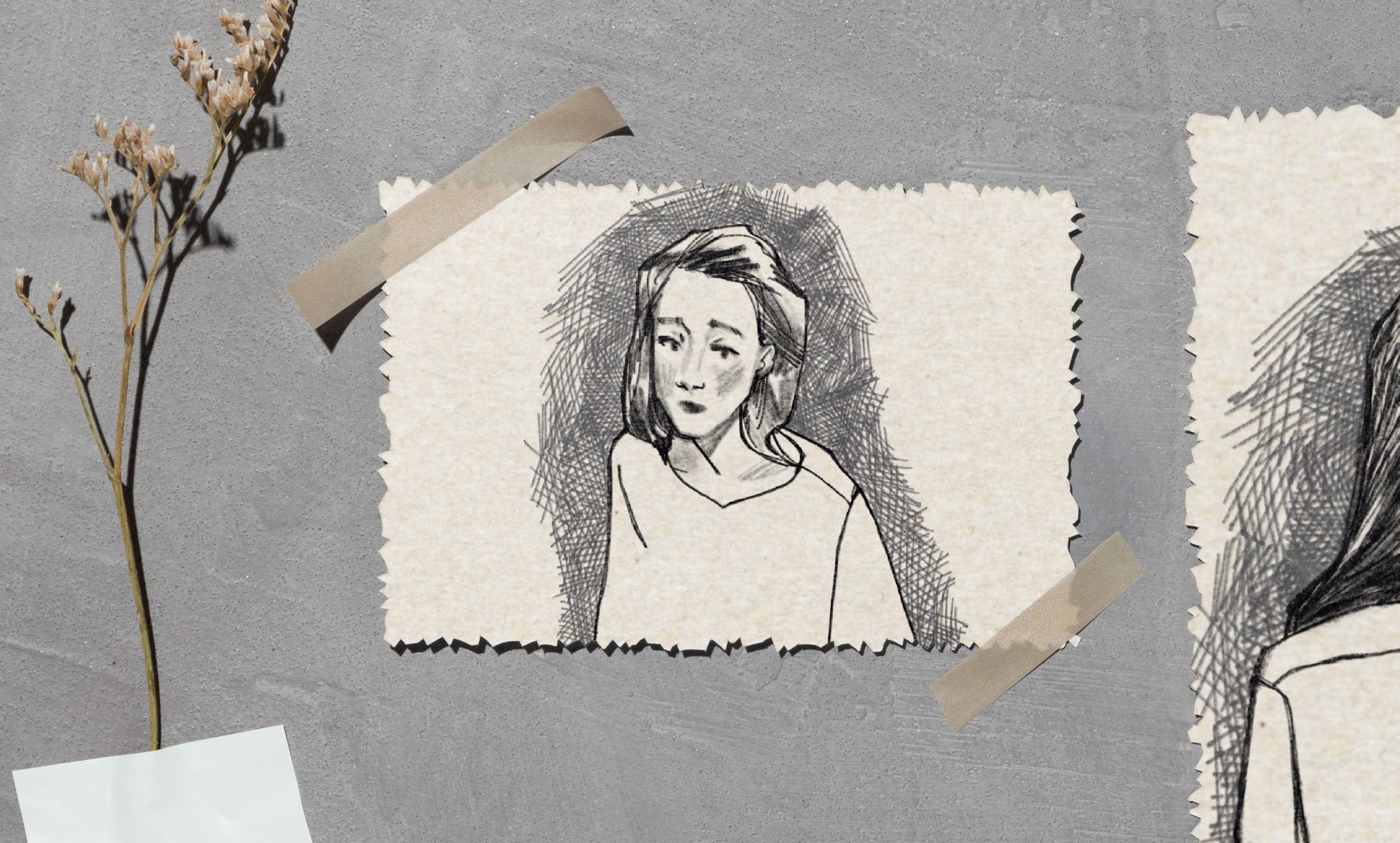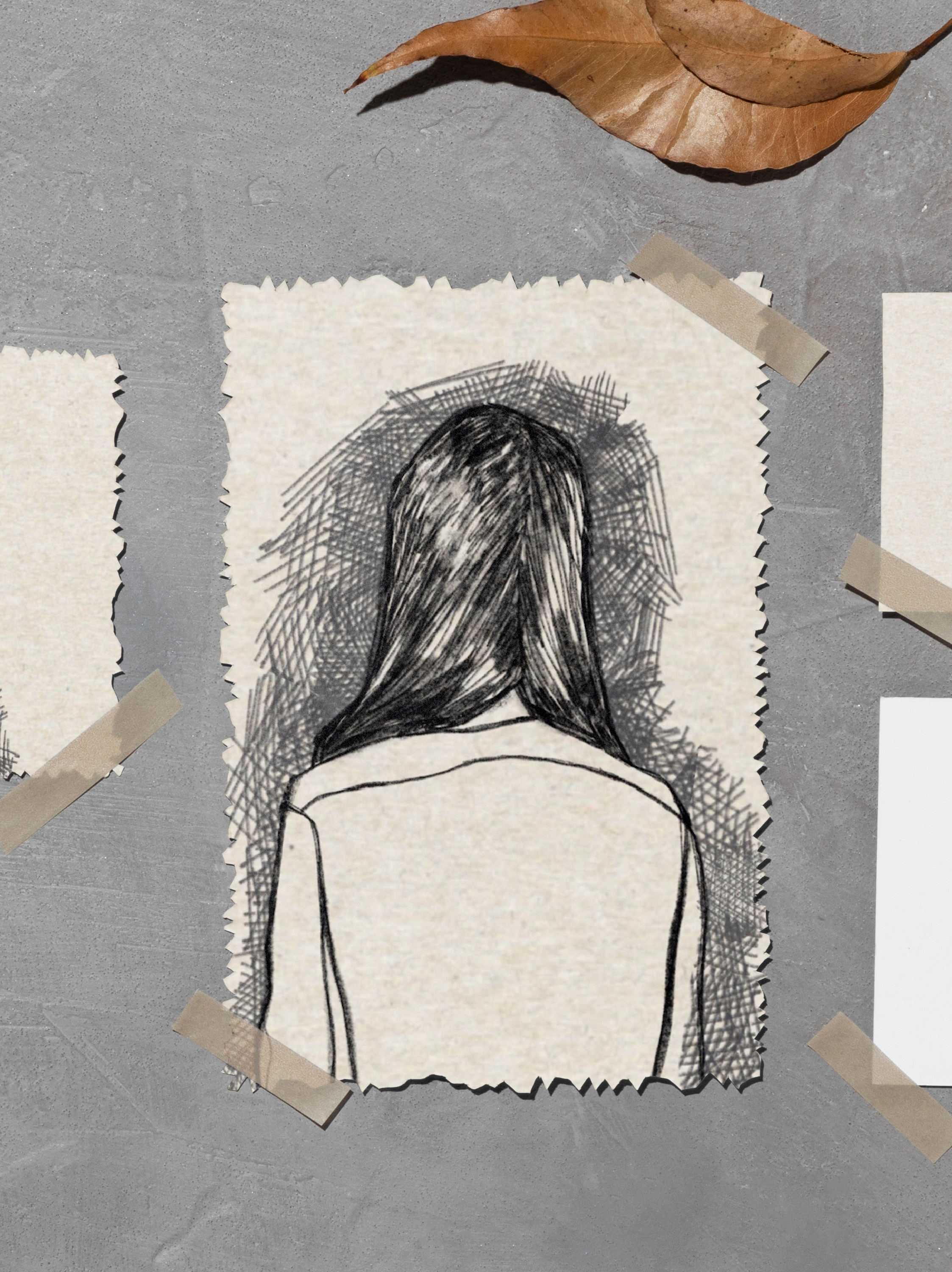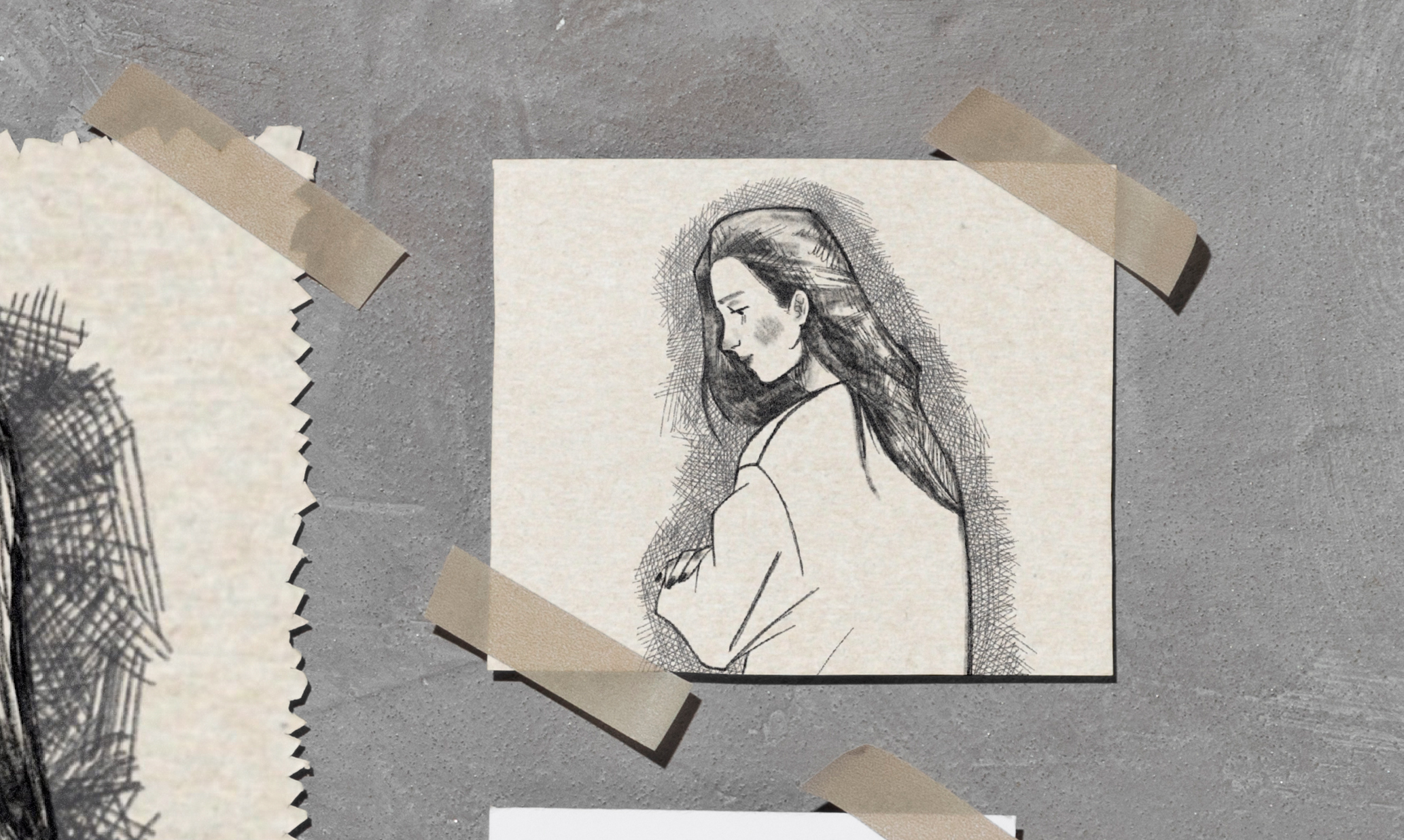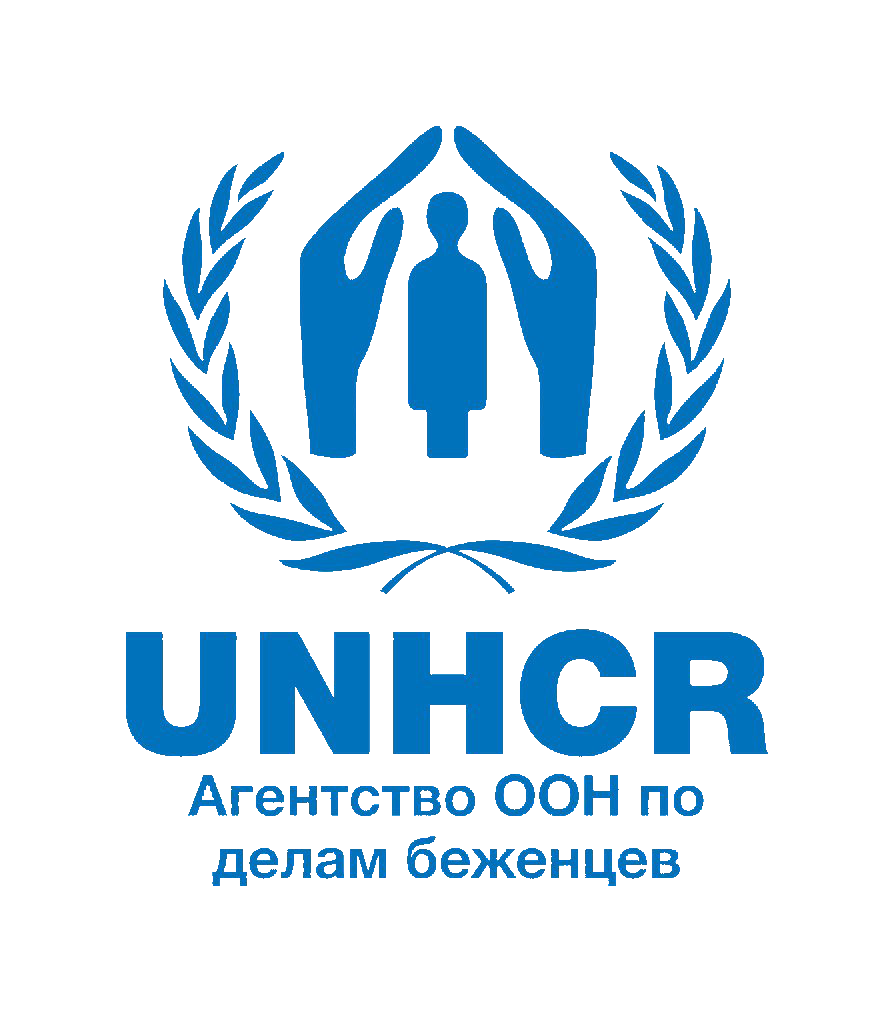Personal story: I have spent my entire life without identification documents
The problem of statelessness is widespread in the world: in 2020 seventy-six states have reported total number of 4,2 million stateless persons. There are 7166 individuals officially recognized as stateless persons residing in Kazakhstan and they all were issued a stateless person document. However, according to the United Nations Office of High Commissioner for Refugees (UNOHCR) true number of stateless persons could be three times higher and that number already comparable with number of citizens of a small country.
Nadezhda’s story
Nadezhda Karaseva:
Nadezhda Karaseva:
Nadezhda Karaseva:
Nadezhda Karaseva:
Nadezhda Karaseva:
Nadezhda Karaseva:
Since the launch of Global #IBelong campaign in Kazakhstan partners of UNHCR have detected more than 6000 stateless persons who were deprived of medical, social and legal assistance. In 2014 nearly 2000 persons received help from UNHCR and its partners in confirming or receiving citizenship, 10% of them were children whose birth was not registered due to their parents’ statelessness. The country has introduced amendments to the law enabling determination of stateless person’s status; strengthened collaboration between the Ministry of Interior’s Migration Service Committee and UNHCR partners in Kazakhstan allowed to roll-out a large-scale identification campaign aimed at identification and documenting of persons with undetermined nationality.



